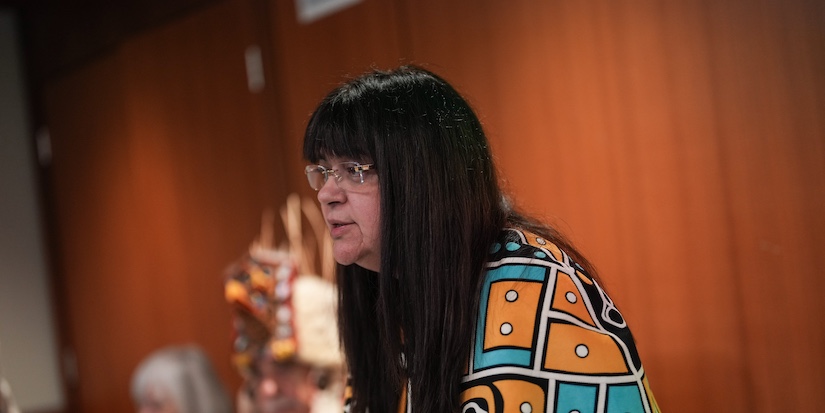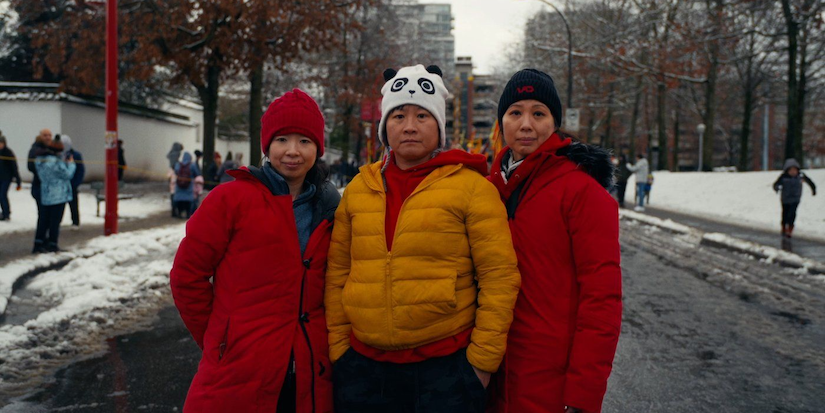Latest News
Not your grannie’s rheumatism
Julia Chayko was a dancer and an actor. Then one cold, rainy morning seven years ago, she woke up, “feeling like I had the flu and it wouldn’t go away for about six weeks.”
While the onset of rheumatoid arthritis can be sudden like Chayko’s or more gradual, early diagnosis and treatment can make a life-long difference. And now thanks to discoveries at Arthritis Research Canada (ARC), it can also mean a longer life.
ARC’s scientific director Dr. John Esdaile says early diagnosis is vital because while rheumatoid arthritis hurts joints, it also kills people.
“If you control the inflammation, the pain improves and the damage stops,” Esdaile says.
Without effective treatment for rheumatoid arthritis, he says, “inflammation disables and kills.”
“It does a number of really terrible things. Arthritis can cause heart disease, stroke, lung disease, kidney disease, digestive issues, some blood cancers like lymphoma and possibly diabetes,” he says.
The Heart and Stroke Foundation says one in two Canadians die of some form of heart disease. And Esdaile adds people with rheumatoid arthritis have an even higher risk of heart disease.
“What we’ve also shown for RA (rheumatoid arthritis), when we use powerful drugs like methotrexate and (other new drugs), the patients not only feel better and run around but their risk of heart disease goes down. When we control the inflammation with these powerful drugs, they don’t have any increase in heart disease.”
In fact, arthritis specialists agree on the importance of prompt diagnosis and treatment; they have agreed to see a patient within two weeks of referral to minimize damage.
While many people can remember the disfigurement rheumatoid arthritis caused in the past, today, because of research both done and put into practice by ARC, most problems rheumatoid arthritis causes can be delayed or even stopped completely. Last year, ARC brought in $5 million for research on a whole host of inflammatory diseases, including rheumatoid arthritis.
Inflammation can be good when you’re hurt or sick because it helps your body heal. But inflammation, like Chayko’s, disables and kills when the immune system makes mistakes and destroys good cells, the ones she needs in her body, such as those keeping her joints cushioned and limber. And, with rheumatoid arthritis, those misguided immune cells don’t just limit themselves to Chayko’s joints. They go after a whole host of things throughout her body.
Esdaile, who helped create ARC, did some of the early research into methotrexate, part of the palette of drugs doctors use to treat rheumatoid arthritis today. For patients like Chayko who need this drug, it means occasional miniscule doses of the old chemotherapy drug.
It’s one of three medications she is on.
“I didn’t get a lot of side-effects,” says Chayko, who feels a little queasy the morning after each weekly dose. “It means one day of feeling a little hung-over and usually for the rest of the week, I’m well again. I will take that any day over when my RA was untreated. “
Thanks to ARC’s research that has led to changes in attitude, treatment, new drugs and new uses for older drugs, people like Chayko can live better and longer with their autoimmune disease under control.
“I was a very active person. I was a dancer. I was an actress on stage,” says Chayko. “In the beginning, when my rheumatoid arthritis was untreated, I stopped.”
Once again, Chayko is an award-winning actress.
“Today,” she says, “I’m doing well, really well compared to where I was even a couple of years ago. Getting onto the proper treatment has got me back onto the stage so to speak.”






























